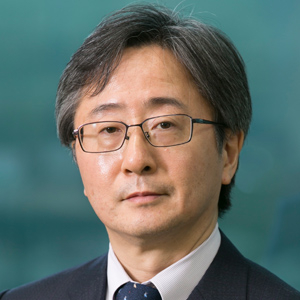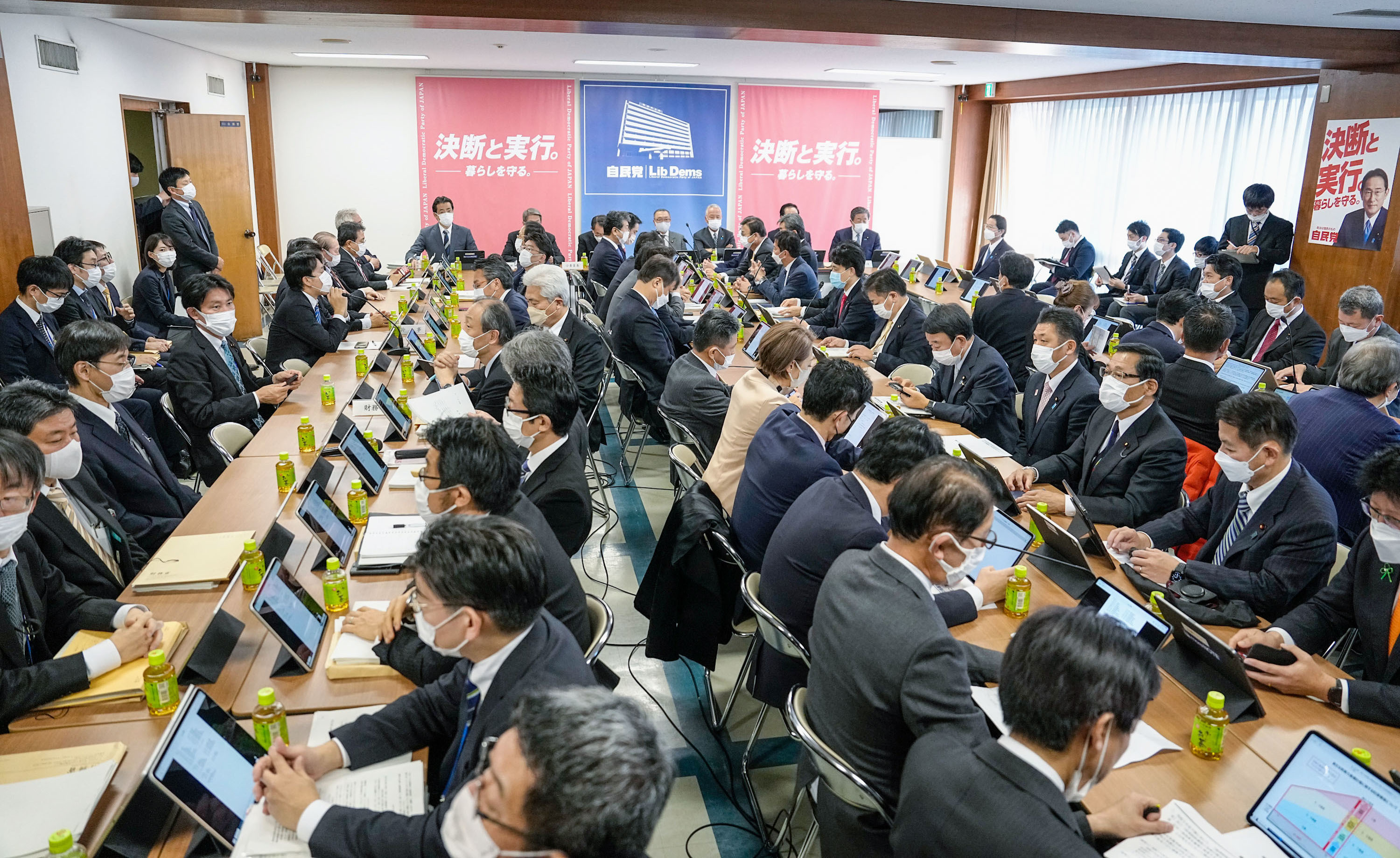
Research Director Keiichiro Kobayashi, a member of the government’s Subcommittee on Novel Coronavirus Disease Control, argues for expanded PCR testing, noting that the interests of the medical community should not be the sole determinant of how these tests are administered.
* * *
In April 2020, back when the first wave of COVID-19 was sweeping through Europe and the United States, a group of Western economists proposed that PCR tests be conducted on a massive scale to identify and isolate those who tested positive—including those who were asymptomatic—to enable social and economic activities to return to normal. This argument was embraced by many in Japan as well, leading to a debate that continues to this day on the merits and drawbacks of mass testing.
The economists, including Nobel laureate Paul Romer, argued that isolating all those who test positive was the best way of preventing secondary infections. This may have been practical had test kits been widely available at low cost and if health centers had the capacity to test all members of the population. But tests, even in countries able to secure many more kits than Japan, remained in short supply, all but dooming such a strategy.
In the face of limited capacity, public health experts in Japan advocated an approach that minimized the testing burden and maximized “efficiency”—that is, the probability of a positive result—restricting tests to those who were highly likely to have been infected. Given such a game plan, public health centers were highly reluctant to test anyone without symptoms or close contact. Another disincentive to broader testing was the wish to avoid issuing false positives or negatives.
This strategy, though, completely ignores the importance of testing from a socioeconomic and perspective. PCR tests are critical to resolving the “incomplete information” that discourages economic activities, such as consumption and investment.
Obtaining a fuller set of data is particularly important when dealing with COVID-19 because around 40% of cases are asymptomatic. Without knowledge of whether one is infected, people will be discouraged from leaving their homes out of fear that they may either catch the virus or spread it to others. Incomplete information is thus a public hazard that inhibits economic activity. Mass testing to confirm whether one is positive will go a long way to diminishing this threat (although it will not be foolproof, since the accuracy of PCR tests is around 70%).
Benefitting All of Society
Despite what public health authorities may contend, a negative result is hardly an “inefficient” use of a test kit. It is of great value from a socioeconomic and economic policy perspective, helping to reduce data deficiencies and remove a major impediment to the resumption of full economic activity.
The interests of the medical community should not be the sole determinant of how PCR and other diagnostic tests are administered. We need to look at the bigger picture in the interest of benefiting all of humankind, giving priority to utilizing these public resources to help return the world to pre-pandemic levels of social and economic activity.
There are two probable scenarios for how the testing of asymptomatic, low-risk people is likely to play out in Japan. The first is that as capacity expands, testing at public health centers will become available for a larger share of the population, including asymptomatic, low-risk groups.
And the second is that the number of private-sector companies offering PCR tests will grow. While recipients will need to pay a fee for such tests, costs could decline as competition intensifies. The key here will be ensuring accuracy; the government may need to confirm the quality of the tests offered and provide certification to qualifying facilities. The reporting of all positive results to public health centers should be made mandatory, and these patients should have access to the same treatment and other services as those tested at public facilities.


